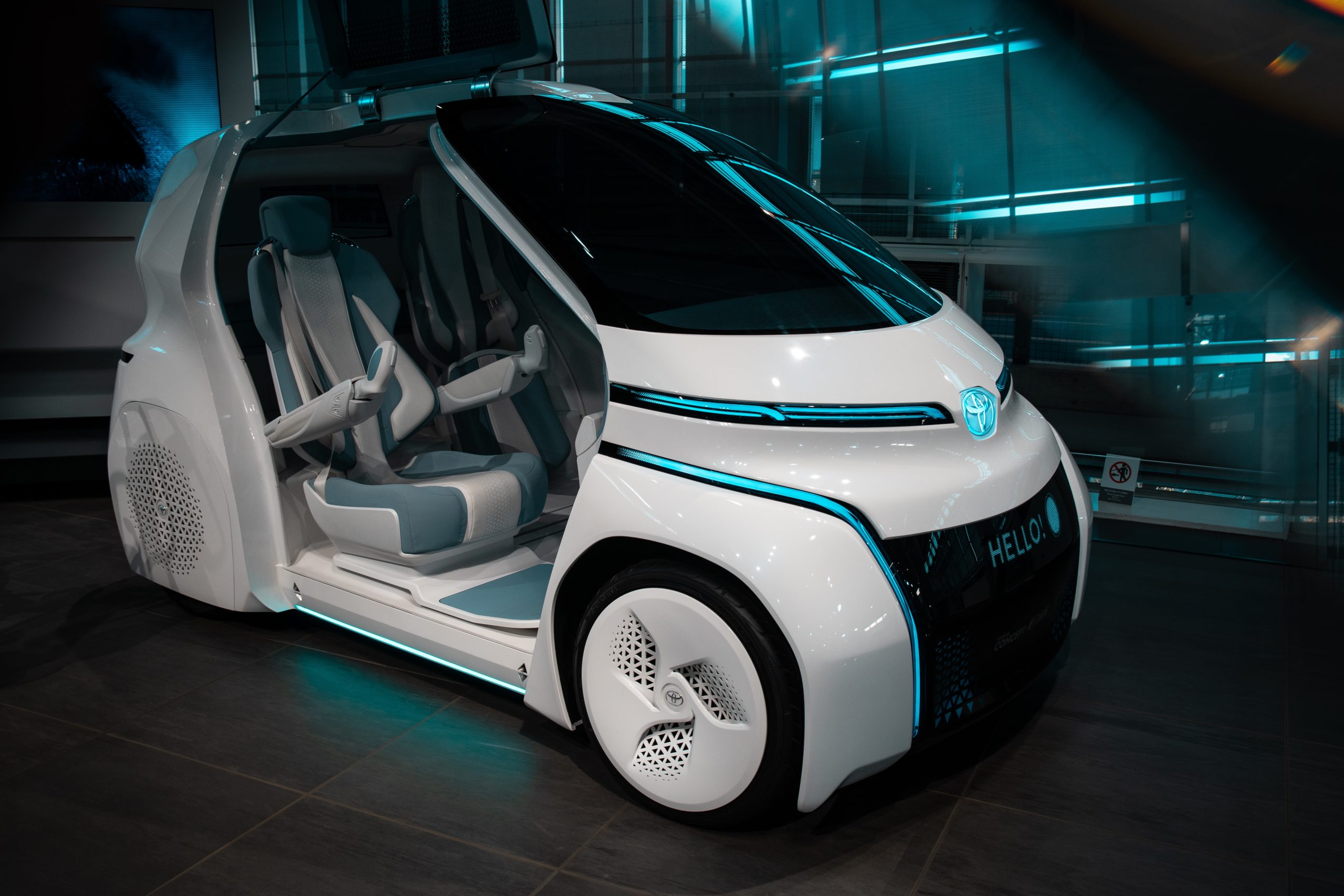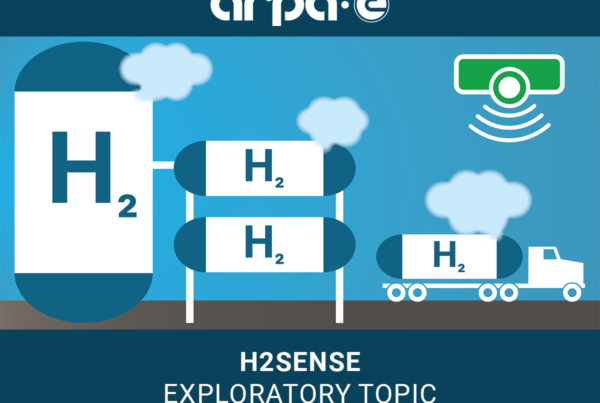
Imagine if cars ran on the world’s most abundant element. That’s the promise of hydrogen fuel cells. They can be better for the environment than oil and gas, but it depends on which type of fuel they use. As of 2023, the only non-polluting fuel cells use green hydrogen.
What Makes a Fuel Cell Eco-Friendly?
Numerous types of fuel cells require different inputs. Some — like those that run on biofuels — emit carbon dioxide when generating energy. They are a better option than fossil fuels but still less environmentally friendly than hydrogen fuel cells.
Growing plants for biodiesel and ethanol does sequester some carbon. However, it also necessitates using more pesticides, fertilizers, and transportation and tractor fuel. The refining process also utilizes oil and gas as a heat source. Biofuel-based fuel cells work best as a stopgap measure while the world transitions to renewable energy.
The most common fuel cells run on hydrogen, releasing only water vapor and heat. That makes them the most sustainable type as long as they run on green hydrogen, which accounts for less than 1% of global hydrogen production.
The Hydrogen Production Process
There are three main types of hydrogen for fuel cells, each reflecting a different manufacturing process.
The most common method for making hydrogen is through methane steam reforming. Drilling contractors extract methane from the ground, usually by fracking. The methane reacts with steam and a catalyst under high pressure to produce hydrogen. It also creates carbon dioxide and carbon monoxide as byproducts. Factories sometimes release these K-list pollutants into the air, and the fuel is called gray hydrogen to reflect the dirty manufacturing process.
The product is called blue hydrogen if the factory diverts the pollutants into a carbon capture and storage (CCS) facility. Producing blue hydrogen is not environmentally friendly because it still creates environmental waste.
The only clean way to use fuel cells is to burn green hydrogen. Wind, solar and other renewable energy sources — like geothermal or hydroelectric power — can power electrolyzers, separating the hydrogen and oxygen in water molecules. The resulting fuel is called green hydrogen. Electrolysis produces no harmful emissions, making it an eco-friendly fuel production method.
Benefits of Fuel Cells Over Fossil Fuels
Fossil fuels harm the environment in more ways than one. Extraction often damages ecosystems by clearing away vegetation, disturbing wildlife and polluting groundwater.
Burning fossil fuels generates airborne pollutants. These toxins contribute to smog, acid rain, asthma and cardiovascular diseases, often disproportionately affecting minority communities.
Fossil fuels are also finite. Unlike the water used to power hydrogen fuel cells, oil and gas will eventually run out, and their uneven distribution contributes to ongoing geopolitical conflicts.
Using fuel cells avoids all these issues. Water, the basic ingredient needed for manufacturing hydrogen, is more evenly distributed than oil. Additionally, it’s possible to run fuel cells nonstop simply by adding more fuel, unlike batteries, which often take hours or days to fully recharge.
Green Hydrogen Is the Key
Green hydrogen fuel cells are far more environmentally friendly than burning fossil fuels. They do not emit nitrogen oxides, particulate matter or carbon dioxide like combustion engines. They also run on completely sustainable fuel derived from water.
Although the cost of manufacturing green hydrogen is too high to scale up production, planes, cargo ships and even homes could one day run on green fuel cells.


Jane Marsh, Contributor
The views and opinions expressed herein are those of the authors and do not necessarily reflect the official policy or position of Fuel Cells Works, its directors, partners, staff, contributors, or suppliers. Any content provided by our contributors or authors are of their own opinion and are not intended to malign any religion, ethnic group, club, organization, company, individual or anyone or anything.
Read the most up to date Fuel Cell and Hydrogen Industry news at FuelCellsWorks




